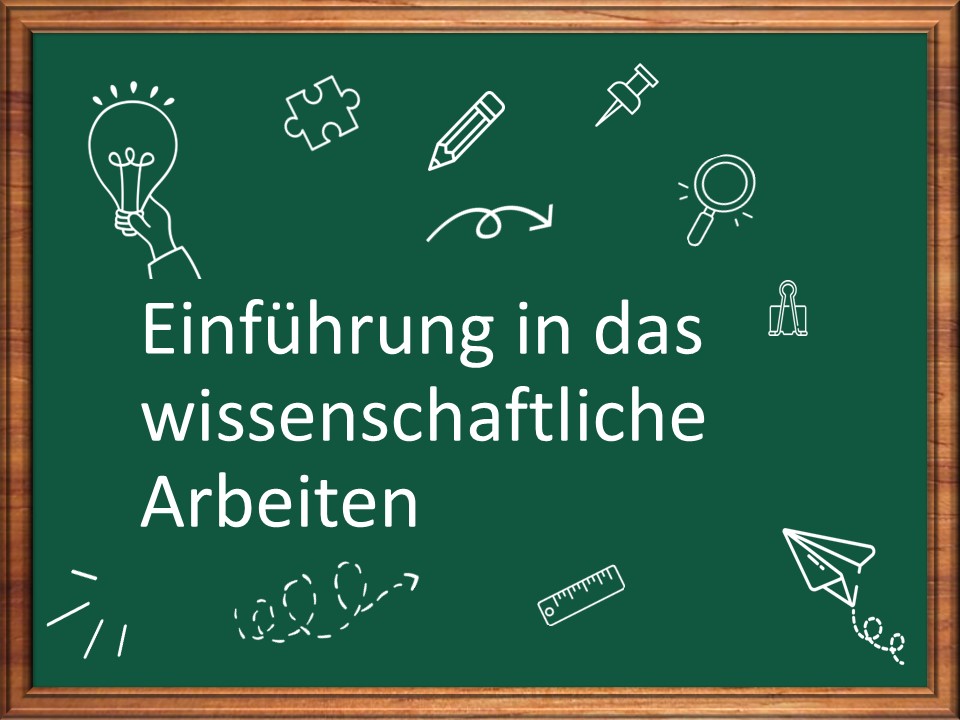
Univ.-Doz. Dr habil. Maria Tulis-Oswald and Dr Eline Leen-Thomele work at the Paris Lodron University of Salzburg in teacher training and university didactics, and research and teach in educational psychology and psychology didactics.
Maria heads the educational psychology working group and the interdisciplinary School of Education project group on university didactics and research. She also heads the Future Skills interest group in the Austria-wide network Hochschuldidaktik Austria and her research focuses on transversal competences, digital technologies and artificial intelligence in teaching, motivational and emotional self-regulation and resilience in educational contexts.
Eline works as a Senior Lecturer in the Educational Psychology working group and is, among other things, a lecturer for scientific work in various degree programmes. Her research focusses on learning with new media across the entire educational spectrum and technology-supported didactic teaching and learning.This course was designed as part of an educational psychology project at the University of Salzburg (Bildungspsychologie - Paris Lodron Universität Salzburg ) and was funded by the Forum neue Medien in der Lehre Austria. The course is primarily intended to give pupils and first-year students as well as anyone interested an insight into scientific work. For example, it can provide pupils with a basic understanding of science and research, which is important for the preparation of a "Vorwissenschaftliche Arbeit" or project paper. Students can receive a general introduction to scientific working or be supported in their first research steps during their studies. More advanced students can also use the MOOC: For repetition, before writing the final thesis in the Bachelor's degree programme, or for consolidation of their understanding of scientific integrity and good scientific practice. The lessons of this MOOC are generic and are intended to be useful for as many fields of study as possible. (Only lesson 7 deals with subject-specific aspects related to academic work in psychology. We are always happy to receive suggestions for further subject-specific lessons to be added in a new edition of this MOOC: Please send your ideas to: eline.leen-thomele@plus.ac.at).
This course consists of seven lessons (learning units) on the following topics:
- What is science?
- How is a research process organised?
- What is scientific literature and how is it used?
- What should be considered when writing a scientific paper? (one lesson is aimed at pupils, another lesson is aimed at students)
- What role can and should artificial intelligence play in scientific work? What does good scientific practice mean?
- Subject-specific lesson: What are the special features of scientific work in the field of psychology? (e.g., citation according to APA standards, journals and databases, and specific research methods in psychology)
This course does not focus on exercises and information on academic writing in particular. We would like to refer you to the MOOC Was mach ich hier eigentlich? Die erste schriftliche Arbeit bestehen (‘What am I actually doing here? Passing the first written paper!’) of the University of Vienna and the MOOC Wissenschaftliches Schreiben Schritt für Schritt (“Scientific Writing Step by Step”) of FHWien and WKW
The aim of this MOOC is to provide an initial insight into scientific work and to understand what constitutes scientific work. Not all lessons have to be completed, but badges can be acquired for certain lessons - depending on the target group - which are summarised for a target group-specific certificate. Lessons 1-4 are particularly recommended for pupils and first-year students, as they are fundamentally concerned with understanding the key aspects of science and research and being able to apply them to a specific problem. After the first four lessons you can ...
... describe what constitutes the scientific research process and why scientific research is important.
... recognise and search for scientific literature (basic knowledge).
Lessons 5 and 6 deal with the structure of a scientific paper and the possibilities and limitations of using artificial intelligence (AI) in this context. These two lessons are therefore aimed at pupils and students who want to write a (pre-)scientific paper. After these two lessons you can ...
... understand how a scientific paper is structured.
... assess the effects of an unreflected use of AI.
Finally, lesson 7 uses psychology as an example to show which subject-specific aspects can be relevant when writing a scientific paper. This lesson is aimed at psychology students and teaches the basics of citation according to APA, subject-specific literature research and provides an overview of the most important research methods in psychology. After this lesson you will be able to ...
... cite correctly in the field of psychology and organise the list of references according to the subject-specific standards.
... search for specialised literature in a targeted manner (subject-specific in-depth knowledge).
... describe central psychological research methods.
... understand simple principles of good scientific practice.
No prior knowledge is required for this MOOC.
The course can be started and completed at any time. All learning units are available from the beginning. At the end of each learning unit there is a self-assessment test that must be passed in order to obtain the badge/certificate. The following levels are available depending on the target group:
Pupils - basic certificate: After completing lessons 1-4
Pupils - certificate for writing a project paper: After completing lessons 1-6
Students - Basic certificate: After completing lessons 1-6
Students - Certificate for writing a scientific paper/thesis: After completing lessons 1-7